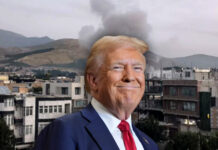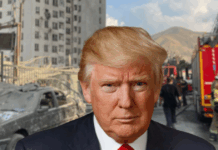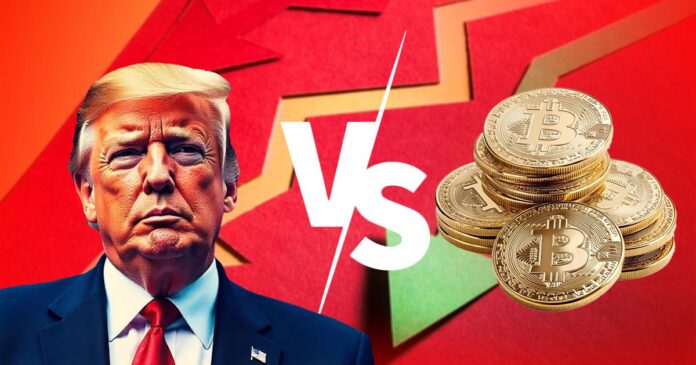The global financial landscape has been rattled yet again. Just some months back Trump’s bitcoin was making headlines post-election and everyone was praising the president. However, Trump’s glory didn’t last long. The irony is that the current crisis in the digital currency is due to Trump’s tariffs.
The Effect of Trump’s Tariffs
Just a few days back, certain tariffs were proposed by President Donald Trump. These tariffs specifically targeted countries like China and Mexico who were once major trading partners with the USA. Now investors are bracing the impact.
Trump’s proposed tariff plans are a throwback to his 2018–2019 strategy, which rattled global supply chains and spooked investors. While proponents argue tariffs are a tool to protect domestic industries and correct trade imbalances, the immediate market response is often negative. And similar was the case this time too.
Read More: Donald Trump’s Tariffs Spare No Country: Global Economic Impact
The traditional stock market has already shown signs of strain, with major indices dipping in response to fears of a full-blown trade war. But as Wall Street wobbles, an age-old question resurfaces with renewed urgency: What does this mean for digital currencies? Will they perish? No wonder investors are getting heart attacks right now.
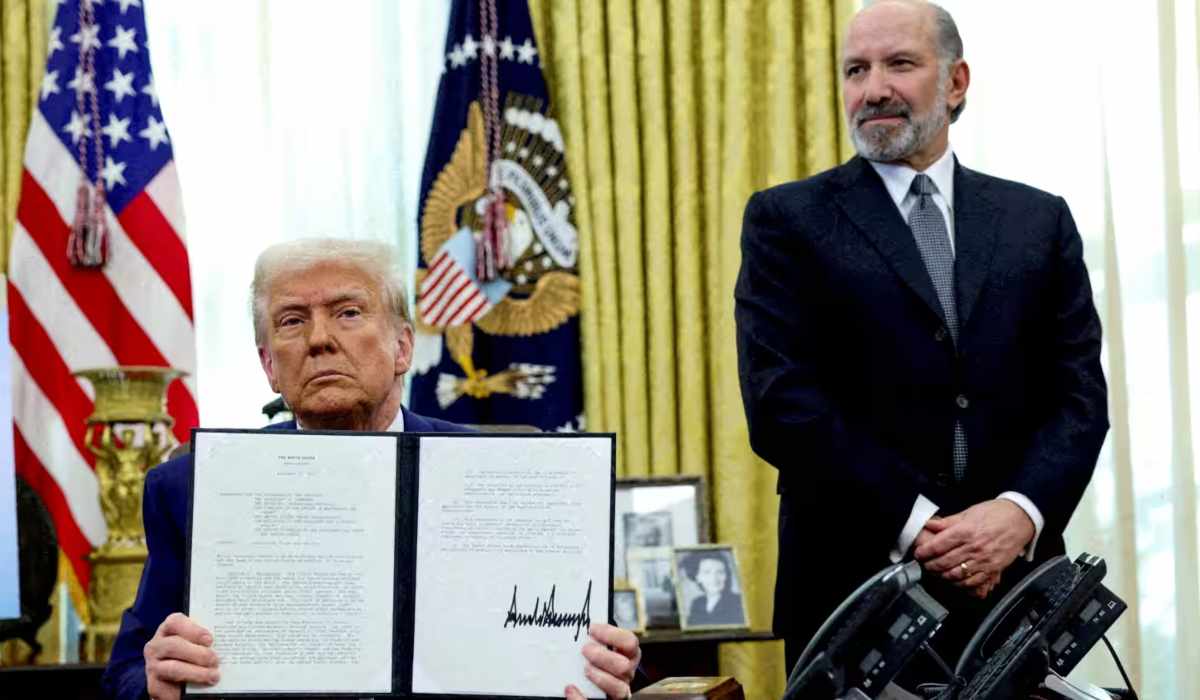
Bitcoin: A Digital Safe Haven?
When traditional markets suffer, investors often flock to “safe haven” assets like gold or U.S. Treasury bonds. Over the last few years, Bitcoin has occasionally joined that list. During the COVID-19 pandemic, and later amid inflationary pressures, we saw crypto prices spike as investors looked for non-traditional hedges.
Bitcoin’s decentralised nature and its resistance to inflationary policies make it attractive in volatile economic climates. If tariffs begin to seriously disrupt trade, drive inflation, or strain U.S. economic growth, we may see digital assets rally once again—especially among younger, tech-savvy investors who already distrust traditional finance.
However, while Bitcoin may benefit from the chaos, other digital currencies may not face the same fate. Especially, Ethereum and other altcoins. This is because many of these digital assets are tied to platforms and ecosystems that rely heavily on global tech development and investment. If tariffs escalate into broader tech restrictions or slow international collaboration, it could hinder growth and innovation in these blockchain ecosystems.
Read More: Bitcoin Falls by 7% Following Trump’s Tariff Plans
The Politics of Crypto Regulation
Let’s not forget the political dimension. Trump’s relationship with the digital currency has been lukewarm at best. In the past, he’s dismissed Bitcoin as “not money” and warned against its use in criminal activities. If he regains influence, a new wave of crypto regulation could be on the table, potentially stifling innovation in the name of economic security.
However, some voices in Trump’s orbit—particularly from the libertarian-leaning factions—remain supportive of crypto as an alternative to centralised finance. The tug-of-war within political circles will be one to watch closely.
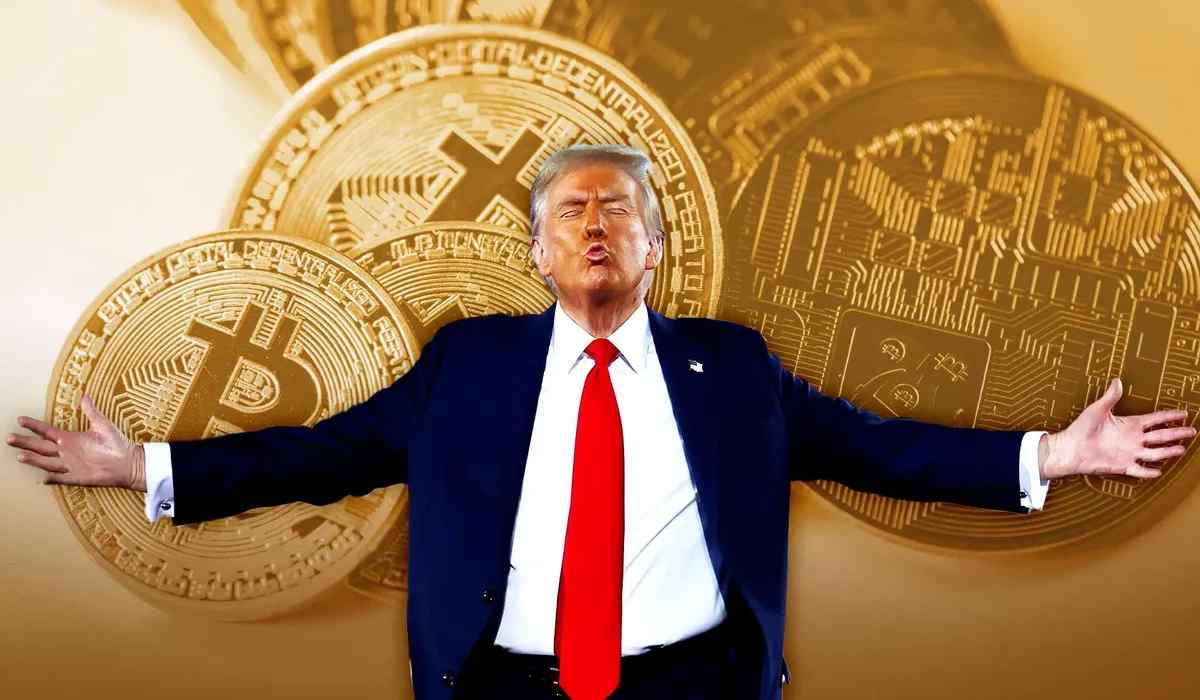
A Crossroads for Digital Currency
Trump’s tariff talk is more than just a geopolitical maneuver; it’s a litmus test for where the global economy is headed. In this context, digital currencies are standing at a crossroads. Will they evolve into reliable hedges and investment vehicles during times of global uncertainty? Or will they be swept away by regulation, volatility, and investor fear?
Stay tuned to Brandsynario for the latest news and updates.





































